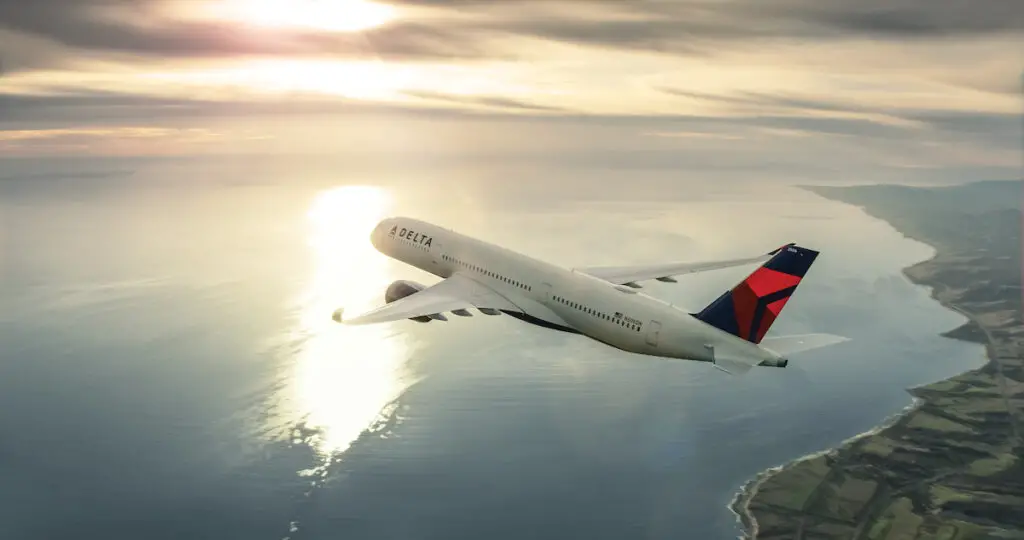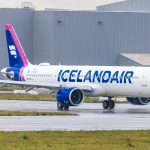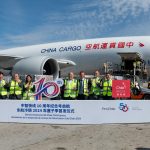Delta Air Lines will work together with the NGO Aviation Climate Taskforce (ACT) to promote initiatives towards eliminating carbon dioxide emissions from aviation.
The ACT is a collaborative group that brings together leading players in the global aviation industry to accelerate the technological advances needed to decarbonize operations. Among its partners are Air Canada, Air France-KLM Group, American Airlines, Cathay Pacific, JetBlue, Lufthansa Group, Southwest Airlines, United Airlines, Virgin Atlantic, and the Boston Consulting Group.
The Aviation Climate Taskforce’s strategy addresses the following issues:
- The growing pressure to achieve net-zero emissions as soon as possible, which, they assert, is increasing from customers, investors and employees.
- The path to net-zero is still unclear, as short-term solutions – such as sustainable aviation fuel – do not » fully close the gap» and are in high demand across multiple sectors.
- A cross-disciplinary approach is required, as there is no single solution that can provide complete decarbonization.
- Emerging technologies are both key and critical elements.
- The challenge becomes broader than any one player, so the industry as a whole must contribute to the development of solutions.
From this, ACT is focused on stimulating innovation and accelerating the advancement of synthetic fuels and hydrogen propulsion, which they say will be key to decarbonizing aviation. They will also target near-term solutions such as new initiatives to promote bio-based PBS, likely to increase its availability globally.
With this decision, Delta joins the group of airlines that are working to promote the decarbonization of the industry by uniting efforts and criteria. In that sense, Amelia DeLuca, Delta’s Managing Director of Sustainability, assured that «These partnerships help us to have a more effective impact on our carbon footprint by pooling resources and funding to define the next chapter of sustainable aviation».
In addition, DeLuca stated that «We are still too far away from real, affordable, and scalable solutions for clean air travel. We need SAF to be as accessible as oil and new engine technologies to get to market exponentially faster if we are going to meet industry goals».
The Aviation Climate Taskforce will aim to support the advancement of these technologies through two key pillars: an Innovation Network and a Collaboration Forum:
Through the network, it will seek to accelerate the advancement of emerging technologies from a mapping of research in progress across the ecosystem, with the intention of flagging opportunities for collaboration to drive them forward.
The Collaboration Forum will identify additional ways to reduce CO2 emissions by accelerating the adoption and scale-up of next-generation technologies. It will bring together industry experts, activists, policymakers, and opinion leaders.














